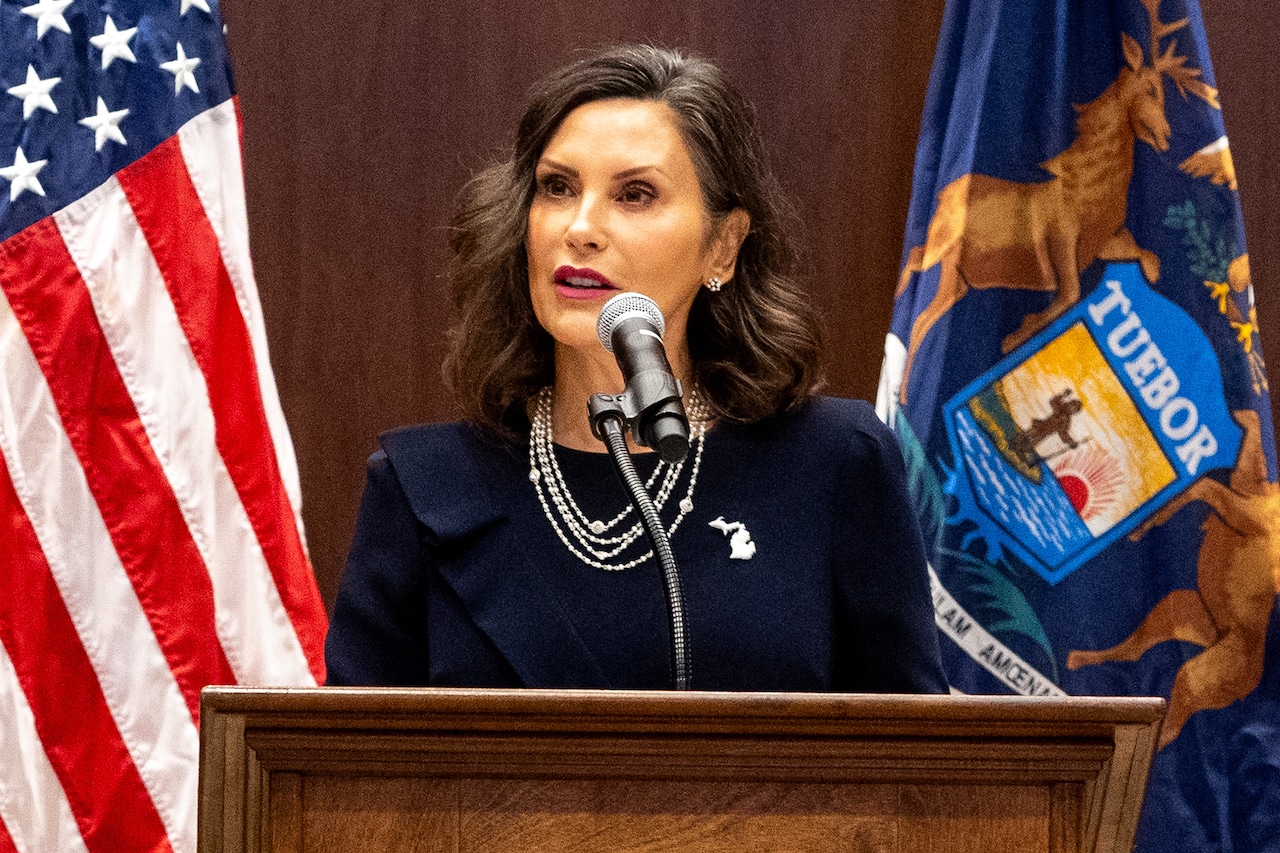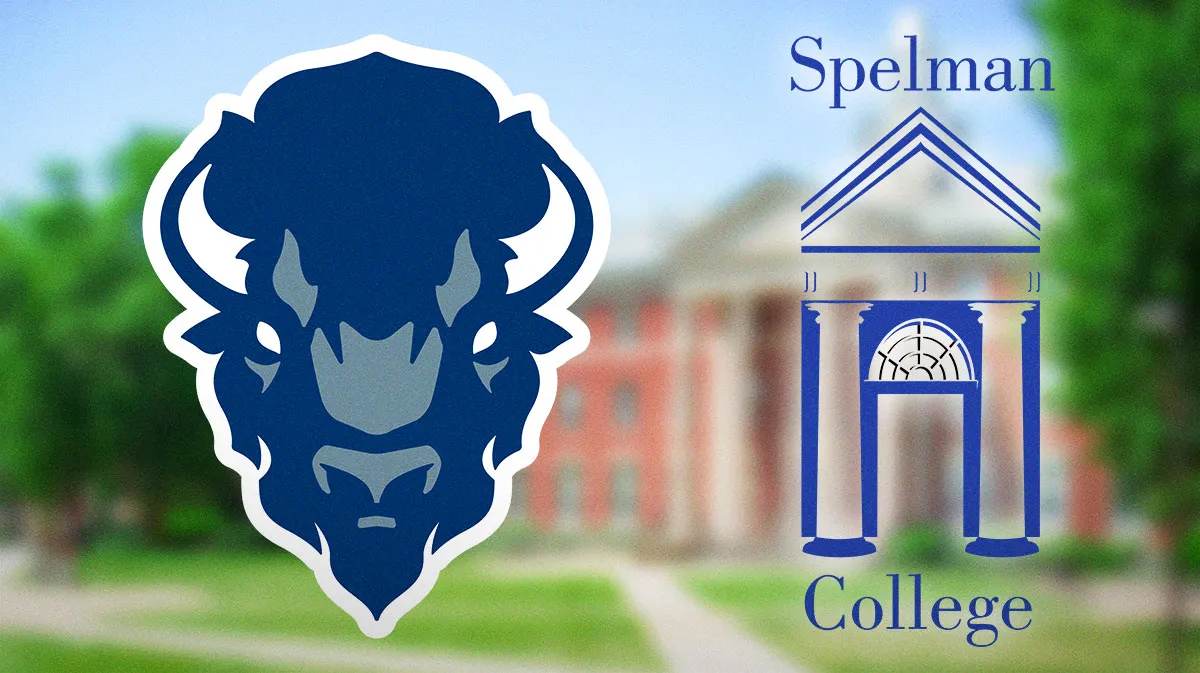By Faisal Bari
Copyright dawn

WE already have 270-odd universities in the country. And many new ones are being set up every year.
The government has also elevated many colleges to university status. But if we were to earnestly inquire about how many universities are offering quality undergraduate education in both the public and private sectors, we would not be able to name more than a handful of universities.
All of them together do not offer more than approximately 20,000 admissions every year. The bulk of students enrolling in undergraduate programmes end up at institutions that offer lower-quality education.
It was, thus, not a surprise to see many universities struggling to fill admission slots this year. Top schools, again across the public-private spectrum, did not have this issue. They had a record number of applicants in most departments. But places with a poorer quality of education, or education that does not guarantee adequate returns to students, struggled. These struggles are only going to increase as we move forward.
The importance of quality undergraduate education cannot be overemphasised. Students start maturing at around 18-22 years. They start understanding themselves and the world a lot better. Their personalities start evolving. They fully enter public life. This is the age where individuals and citizens are created, shaped, and refined as they learn more about the world as well as themselves.
In countries like the US, almost 50 per cent of young people around 18 enter college programmes; in Pakistan, only 7-8pc of the relevant cohort reach that level. The difference is stark. My conjecture is that we will not be able to address human capital issues in Pakistan, which are keeping our growth limited, unless we are able to educate a lot more of our children, and are able to focus on providing better quality undergraduate education to a lot more of these young people.
What does quality education at the undergraduate level entail?
Undergraduate education is mostly about learning how to learn. If we do that well, the student is set for life. Students completing undergraduate studies should definitely have some knowledge and skills pertaining to their area of study (their major). But what is more important is that they should have good communication and language skills and the ability to think deeply and critically about issues; they should have argumentation skills and the ability to present themselves well; they should know how they learn and be able to engage deeply with the subjects they are curious about. If they have and do the above, they will definitely have the confidence needed to step into new things. This confidence, based on deep knowledge and skills, is a crucial outcome of a good undergraduate education.
The economic and social background of some of our young people, as well as family support, can facilitate them in acquiring some of the skills and knowledge they need, and shape their attitudes. But for many, this is not the case, and their college or university has to step up to take care of this. Sadly, most universities in Pakistan are failing in this task quite drastically.
Universities do not have language and writing centres, and lack mentoring and co-curricular programmes that could strengthen the focus on developing the needed skills. Too many of our university managers/ administrators, and too many of our university faculty, feel that imparting subject-specific knowledge is what undergraduate education is about, and that this is what they have been hired for.
Confidence based on knowledge and skills is a crucial outcome of a good undergraduate education.
Being an economics major at the undergraduate level is not just about understanding the basics of economics and being aware of where the field stands currently. It is a lot more. One should be aware not only of the foundations of economics and its historical development, but also of the context in which the subject is being taught. It requires some knowledge of other social sciences, the sciences, and the humanities.
One should know how the subject relates to challenges that people deal with in their daily lives and be able to apply the theoretical framework of the subject to not only understand but also to look for ways of addressing them. The subject and ways of thinking should be internalised to the point they become a part of who one is. And one should be able to communicate all of this to others as well. This is what a graduate coming out of a decent-quality undergraduate programme should be able to do.
How many of our universities and undergraduate programmes are able to claim that they are in a position to achieve all this for their students? Or that the students are progressing in this direction?
I have been teaching for some 30 years now. During this period, I have interacted with and taught thousands of students, written hundreds of letters of recommendation, and interviewed thousands of candidates for recruitment as research/ teaching assistants, faculty, administrators, and many other positions. I have found that the quality of an undergraduate education, though not exclusively, is a very good predictor of the suitability of a candidate for the post. Of course, there are always exceptions — unimpressive people who have studied in good undergraduate programmes and impressive people who did not get the opportunity. But, in general, the correlation has been a strong one. And, as explained here, there is a good reason for that.
In Pakistan, we have neglected, especially since the birth of the Higher Education Com-mission, undergraduate education and teaching, and focused too much on graduate education and research. This is not what Pakistan needs. My plea to existing as well as upcoming universities is to focus on the quality of undergraduate teaching and learning. This will help us address many of the quality issues we are witnessing in our education system.
The writer is a senior research fellow at the Institute of Development and Economic Alternatives and an associate professor of economics at Lums.
Published in Dawn, September 26th, 2025



